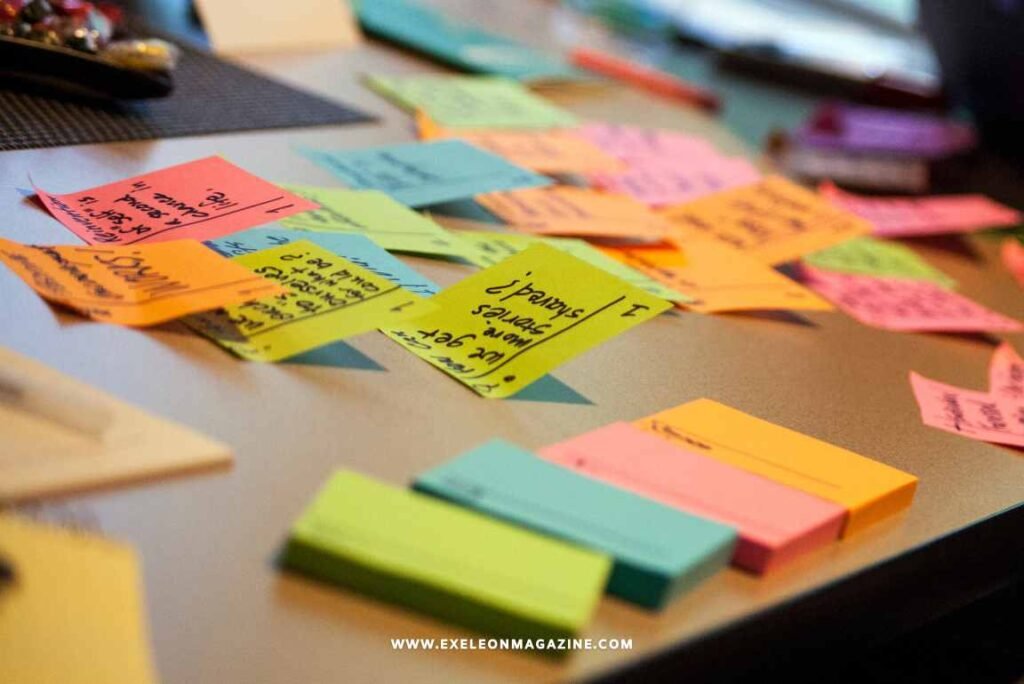In commercial construction, detailed project planning is very important to finish work on schedule, within the monetary limits and as per quality guidelines. Good planning helps in handling risks, making processes efficient and bringing all involved parties into line with the targets of a project. This article will talk about why it’s crucial to have detailed project planning in commercial construction and give some advice on how you can carry out this type of planning successfully.
Setting Clear Objectives
The initial stage of detailed project planning involves establishing definite and attainable goals. These objectives ought to clearly state what the project intends to achieve, such as its scope, budget and timeline. By setting clear objectives, a path is created for all members in the project team so that they comprehend the main targets and their responsibilities towards achieving them. This clear understanding can stop scope creep and maintain the project’s concentration on its planned results.
Comprehensive Site Analysis
A proper site analysis is needed to grasp the physical and environmental limitations of the project’s location. This process includes checking soil conditions, landscape features like hills or slopes, as well as structures already present on site. It also involves examining any environmental worries including safeguarded species along with dangerous substances in use nearby that might affect future development plans. A site analysis, which is a detailed examination of the area where construction will take place, plays a crucial role in forming the design and building plan. It helps to prevent unexpected expenses and time delays.
Detailed Design Development
In the planning of commercial construction, detailed design development is a very important stage. This phase includes making detailed drawings and specifications to explain each part of the project. It covers architectural, structural and mechanical designs along with interior finishes plus landscaping plans too. Elaborated design development makes sure that every involved party such as contractors and suppliers comprehend the project necessities and can arrange their work correspondingly.
Accurate Budgeting
Budgeting is very important for a commercial construction project to be successful. It involves estimating the costs of things like materials, labor, equipment and possible unexpected events. A budget gives a money-related structure to the project, making sure that funds are distributed correctly and that the whole plan stays financially feasible. A backup budget is very necessary for any extra costs that might happen while building.
Scheduling and Timeline Management
For managing time, making a thorough schedule of the project is very important. This schedule should show all activities in the project, how long they will take and what things need to be finished before others can start on them. It’s crucial that you give enough time for each task and also consider adding buffer periods for possible delays. A good schedule is important for arranging the works of every team member and guiding the project forward in an organized and effective way.
Risk Management Planning
Managing risk is a crucial component of detailed project planning. Recognizing possible hazards and creating methods to lessen them can aid in saving time and assets over the project’s duration. The usual risks in commercial construction encompass setbacks due to weather, disturbance in supply chain, or unexpected conditions on site. Knowing these risks and preparing for them helps project managers to reduce their effect, ensuring the project stays on course.
Selecting the Right Materials
The selection of materials is a very important part in making sure that any commercial construction project will last and be successful. The process to choose these things needs to look at factors like how strong they are, if they can keep up with the environment, and how much they cost. If we take into account these factors, it could be better to use IMP panels or insulated metal panels for a more energy-efficient outcome which also helps decrease maintenance costs in the long term. Choosing top-notch materials makes certain that the final building matches necessary norms and functions efficiently in the long run.
Coordination with Stakeholders
To plan the project in detail, it’s very important that all people involved coordinate well. This includes having regular communication with clients, contractors, suppliers and the regulatory authorities. If we keep stakeholders updated and engaged throughout our work on a project; it helps to quickly deal with problems as they arise while also making sure everyone remains in agreement about what we want to achieve. Regular meetings and progress reports are useful tools for maintaining stakeholder engagement and transparency.
Monitoring and Adjusting the Plan
Monitoring and adjusting the project plan are crucial for accommodating changes and maintaining project progression. Frequent site inspections, progress evaluations, and performance assessments help in identifying deviations from the plan. When such issues arise, it becomes important to adjust plans accordingly while also communicating these alterations across all involved parties. This way of work is good because it keeps the project in control and stops small problems from becoming big ones.
In commercial construction projects, detailed project planning is very crucial. This sets up clear objectives, thorough site analysis, fine design development and proper budgeting in addition to scheduling tasks effectively, managing risks prudently, selecting materials correctly as well as coordinating with all involved parties while monitoring progress constantly. By doing this step of detailed project planning correctly it helps businesses to finish their commercial construction work on time within the set budget and with high quality results. This careful method boosts the construction process’s efficiency and impact, while adding to the project’s general triumph and long-term viability.










